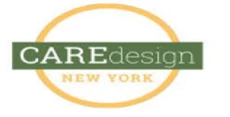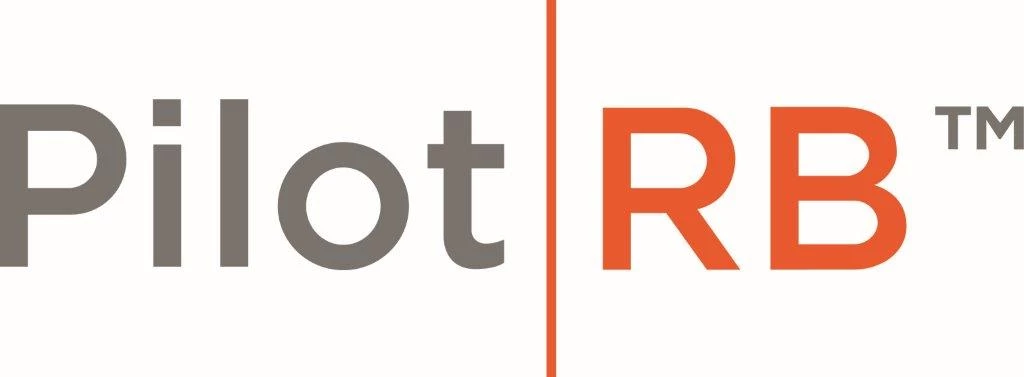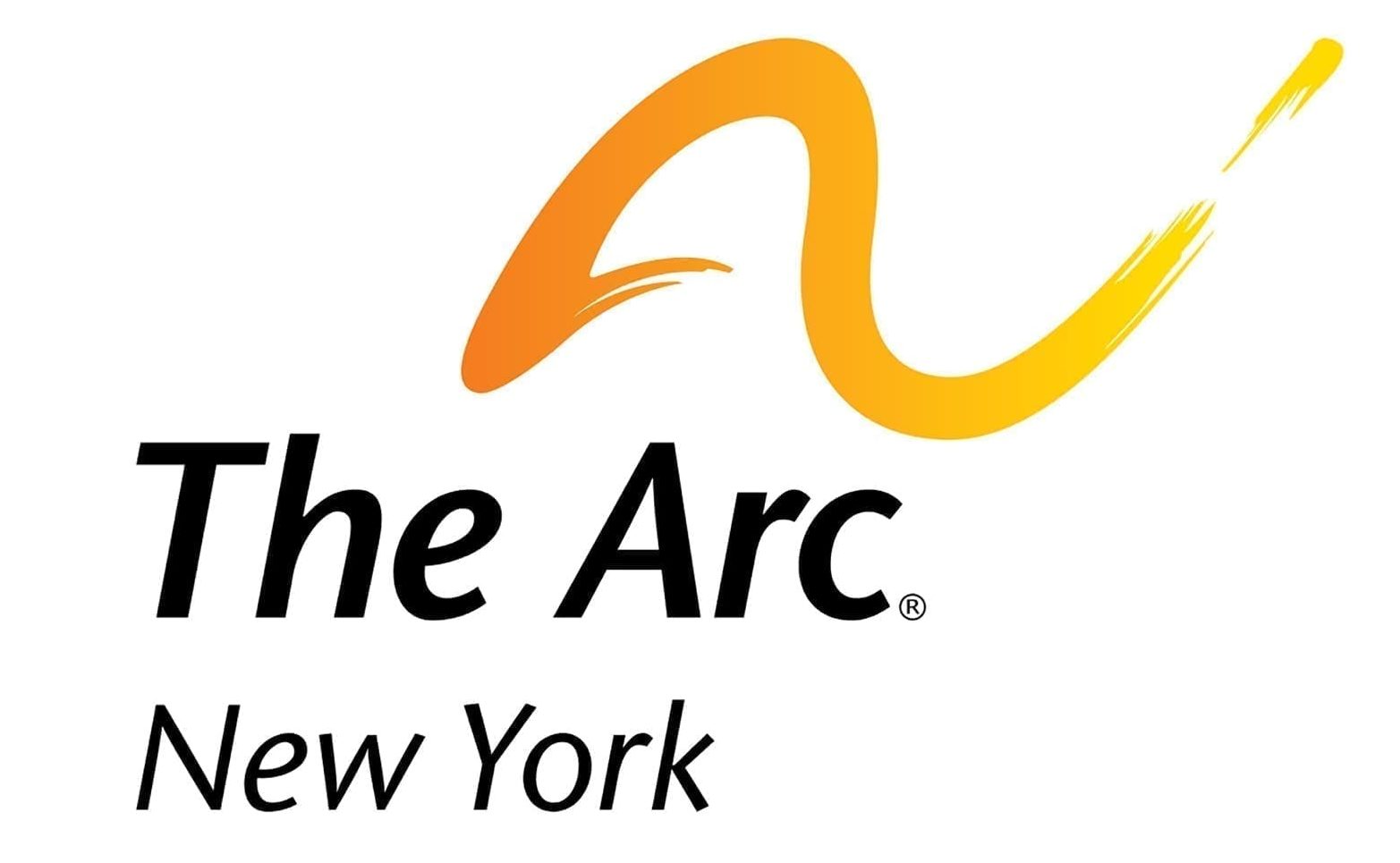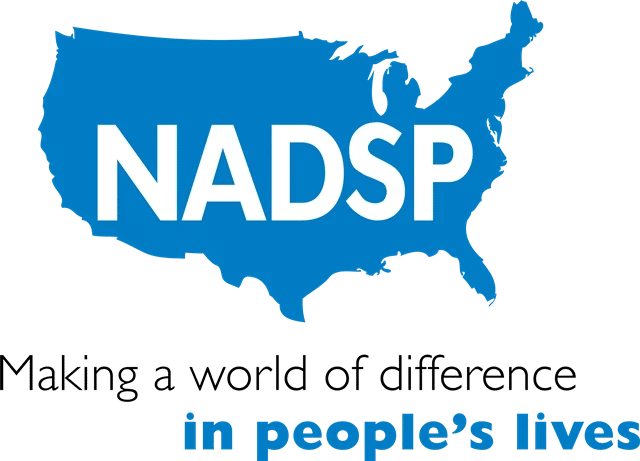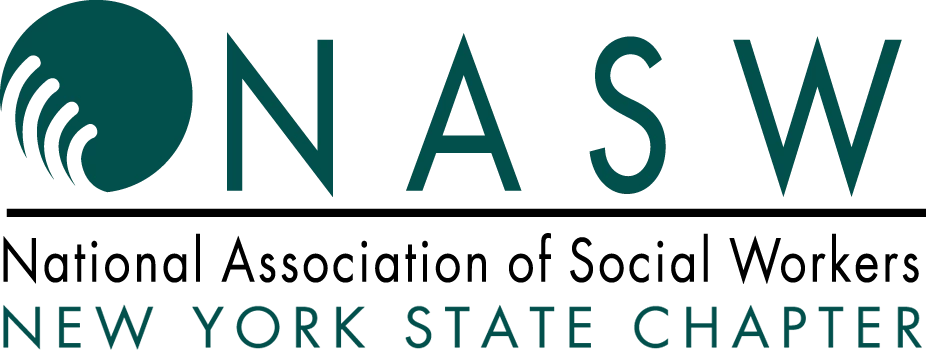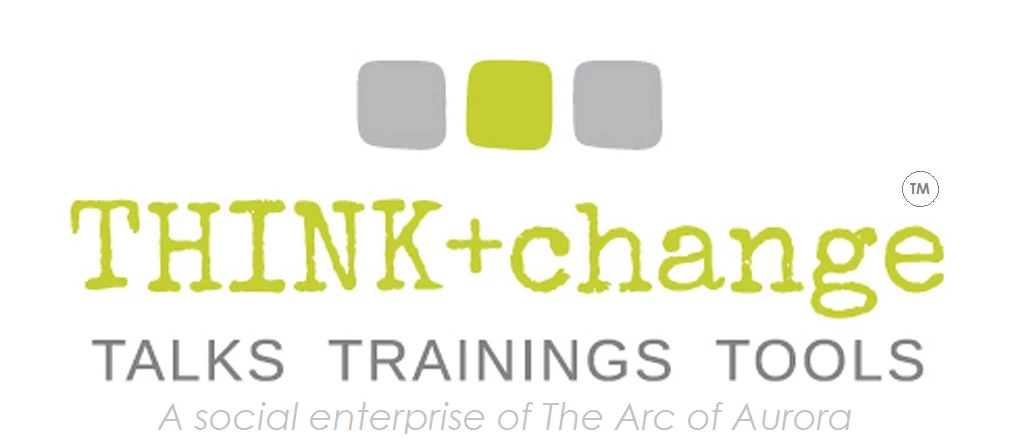Featured Sessions
Federal officials will connect on issues impacting the disability community, from inclusion to employment. Panelist Dr. Scott Robertson will discuss key efforts to help advance neurodiversity at work and drive gainful employment for job seekers with disabilities who come from diverse backgrounds, i.e., how the lived experience of disability can intersect with race, ethnic status, gender, sexual orientation, and other key life aspects.
Presented By
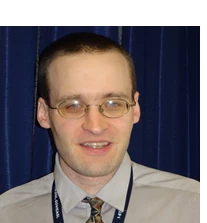
Dr. Scott Robertson, Ph.D.
Senior Policy Advisor
U.S. Department of Labor, Office of Disability Employment Policy
Dr. Scott Michael Robertson serves as a senior policy advisor in the Office of Disability Employment Policy (ODEP) in the U.S. Department of Labor (DOL). His perspective as an autistic adult with secondary cognitive disabilities helps propel this work. Dr. Robertson wears two main hats in his work to increase access to gainful employment for people with disabilities.
First, he orchestrates efforts at ODEP to support neurodiversity at work, enhance national autism policy, and improve access to employment for job seekers on the autism spectrum. Second, he spearheads the Partnership for Inclusive Apprenticeship (PIA) through his role as the federal project manager. PIA advances policies and practices to foster career paths in key high-growth, high-demand fields, such as information technology, cybersecurity, healthcare, and clean and renewable energy.
Before joining ODEP, Dr. Robertson served as a Joseph P. Kennedy, Jr. Fellow for U.S. Senator Tom Harkin in the Senate Committee on Health, Education, Labor, and Pensions. He has also served as the Founding Vice President of the Autistic Self Advocacy Network (ASAN), a national nonprofit organization based in Washington, DC. Dr. Robertson earned his PhD in information sciences and technology at Penn State University. His honors include a Henry Viscardi Achievement Award for exemplary leaders from the Viscardi Center, and a Service to the Citizen Award from Dorris Consulting International. He is also an inductee of the national Susan M. Daniels Disability Mentoring Hall of Fame and a recipient of a Secretary’s Exceptional Achievement Award (project award) from DOL.
Community is not a community unless we are all included. Everyone’s voice should be heard. Self-advocates from the Self-Advocacy Association of New York State will talk about race, gender and disability.
Key Learning Points
- People will be educated that "Diversity is a Good Thing."
- Show them that we are whole people and have many aspects of ourselves.
- How to challenge bias.
Presented By
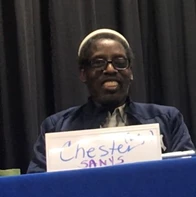
Chester Finn, Self-Advocate & Special Assistant, New York State Office for People With Developmental Disabilities
For over 20 years, Finn has advocated for disability rights and served as special assistant to OPWDD for approximately 25 years. Finn was appointed for two terms by President Barack Obama to serve on the board of the National Council on Disability, a federal agency focused on disability policy. Finn co-founded Community Empowerment Programs Inc. as well as held volunteer leadership positions in National Self Advocates Becoming Empowered, Self Advocacy Association of New York State, Self-Advocacy Resource and Technical Center, Southern Poverty Law Center, Commission on Quality and Leadership, and National Alliance for Direct Support Professionals.
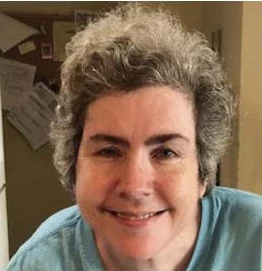
Jessica Campbell, LI Grassroots Field Assistant, Self-Advocacy Association of New York State
Jessica Campbell is currently a member of AHRC Nassau’s Board of Directors and serves as an AHRC Quality Assurance Trainer. Campbell has served as a Field Assistant for the Long Island Region at SANYS since 2010. In this role, Campbell shares her story to empower other men and women with developmental disabilities. In 2014, Campbell was awarded the SANYS Statewide Self Advocate of the Year Award for her self advocacy efforts teaching others and following her own journey from group home to Self Direction in a non-certified setting apartment without an agency. Campbell graduated form Partners in Policymaking at Cornell University an online course and serves as an Ambassador for Long Island. She also teaches SANYS U to her peers in the community and is currently designing a Transitions Curriculum/Workbook for people going to Self-Directed Services. Campbell is also a member of the Managed Care/CCO Committee at Partners Health Plan, where she works on the transformation of Care Coordination and participates in various pilots. Campbell supported and conducted decision-making training through Supported Decision-Making New York (SDMNY).
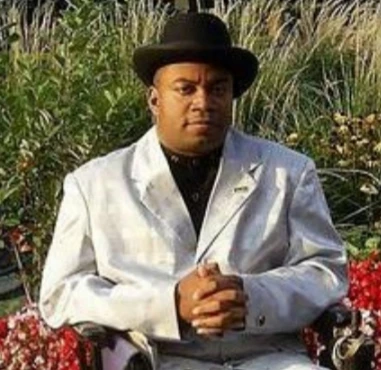
Tim Elliott, NYC Grassroots Field Assistant, Self-Advocacy Association of New York State
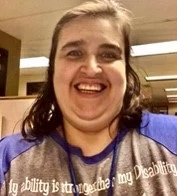
Uly Ramos, NYC Grassroots Field Assistant, Self-Advocacy Association of New York State
COVID-19 taught us that low-income and minority communities were disproportionately affected. Northwell partnered with New York State Department of Health to offer free testing in faith-based locations across New York City, Long Island, and Westchester County. In December 2020, vaccine emergency use authorization was offered and Northwell Health established a Health Equity Task Force to ensure the safe, effective, and equitable distribution of the vaccine to high-risk, underserved communities and communities of color on Long Island. We partnered with faith-based communities, and agencies such as United Way to ensure education and outreach and community planning to get communities vaccinated. We listened and learned from communities. Our mission saved lives by providing access to our most vulnerable communities. We are preparing for the future to meet the health and wellness of all communities we serve.
Key Learning Points
- Increase awareness of how COVID-19 affected low-income and minoritized communities.
- Describe how the Health Equity Taskforce ensured the safe, effective and equitable distribution of the vaccine.
- Discuss the Social Determinants of Health and how they impacted an individual's health regardless of age, race, or ethnicity.
Presented By
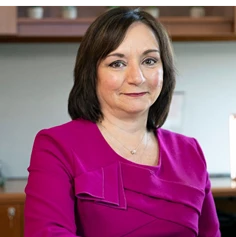
Dr. Deb Salas-Lopez, M.D., M.P.H.
SVP, Community and Population Health, Northwell Health
As senior vice president of community and population health, Debbie Salas-Lopez, M.D., M.P.H., oversees Northwell Health’s community and public health strategy, including community health investment, community relations, strategic community partnerships, the Center for Equity of Care, as well as the smoking cessation, human trafficking and Food as Health programs.
Dr. Salas-Lopez’s leadership was critical during the COVID-19 pandemic. She and her team have partnered with various community and faith-based leaders to identify their most-pressing needs, which became the catalyst for Northwell’s faith-based testing initiative — a program where Northwell partners with community and faith-based centers to offer free diagnostic and serology (antibody) testing. Dr. Salas-Lopez is also leading the Long Island Regional Health Equity Task Force, which has been tasked with providing equitable and safe COVID-19 vaccine distribution and education to lower-income communities.
Dr. Salas-Lopez joined Northwell in 2019 as senior vice president for transformation, responsible for system value-based initiatives that improve health and care delivery. She assumed her leadership role after serving as the chief transformation officer at Lehigh Valley Health Network, where she led strategy and oversaw a unique and broad portfolio, including community-based and population health initiatives, telehealth, connected care, and innovation, strategic partnerships, and operational redesigning of the clinical delivery system.
At Lehigh Valley, Dr. Salas-Lopez held various academic and clinical leadership positions. In 2009, she was appointed as the Leonard Parker Pool Chair of Medicine, a role she served in until 2015 when she became an associate chief medical officer. In 2017, she was appointed chief transformation officer for Lehigh Valley Health Network. Academically, she was a professor of medicine at the University of South Florida, Morsani College of Medicine and the College of Public Health. She is a fellow of the American College of Physicians.
She has collaborated with many community-based organizations on issues related to prevention, screening, and healthcare access and has partnered with other healthcare institutions to address community needs. She has led initiatives to improve quality of care and the health of the community, reduce costs, and provide better care coordination.
Dr. Salas-Lopez is a nationally recognized speaker and educator in women leaders in medicine, healthcare disparities and equity in care, cultural awareness and language-appropriate services, and the impact of social and economic factors on health. In 2021, Modern Healthcare named her to its annual Top 25 Women Leaders as a “Woman to Watch.” She also received the 2021 Tribute to Excellence in Health Care award from the United Hospital Fund.
The majority of white people hold on desperately to the notion that there are "good" white people and there are "bad" white people and they always see themselves on the "good" end of the spectrum. As a result of feeling like they aren't part of the problem, they usually feel like there is nothing for them to do other than perhaps make a donation to Black Lives Matter. Linda-Marie Miller is an inspirational interruption to the silence of these good white people. Miller starts her with a story that is about 7 minutes long, then leads the audience into an interactive conversation about the causes of their continued silence and the prices they pay and the world pays for that privilege.
Key Learning Points
- The Silence of "good" white people is the reason that systemic racism continues.
- You are strong enough to step in, step up and be the voice of change.
- Once you know, you can no longer pretend not to know.
Presented By
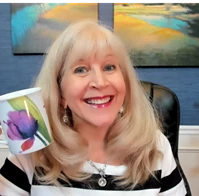
Linda-Marie Miller
CEO
Empowered Speaking & Living, LLC
Linda-Marie Miller is a Professional Speaker in the domain of Anti-Racism. She is a visionary provocateur and an inspirational interruption to the silence of white people.
Linda-Marie has been a committed trainer, coach and student in the world of transformational leadership and accelerated learning for the last 18 years. She is a certified experiential trainer through World Legacy’s PHD program and Trainers Design Global as well as a candidate for Professional Certified Coach (PCC) certification with the International Coaching Federation (ICF).
As the 1st Runner-Up in the 2020 World Championship of Public Speaking, Linda-Marie is a highly-sought after professional speaker. She has delivered keynotes in 32 countries in the last year.
She is the author of Champions of Change, a personal leadership development program designed to transform participants into visionary leaders in their organizations, families and communities.
Linda-Marie is also a founding executive partner of Transformational Learning Consortium, LLC, which provides programming that supports exceptional learning practitioners to collaborate deliberately to create life-enhancing systems in corporate and public sectors.
As the founder of a non-profit called One Shared Humanity, Linda-Marie is also committed to creating a world where every human being can be fully expressed and celebrated. Where belonging is an “of course” and equity is the norm.
America is indeed the land of opportunity designed with a unique set of rules and systems. As with all complex systems, there requires a great bit of stamina, endurance, fortitude, and luck. For some, access to education, healthcare, and other basic human rights requires the ability to find and achieve through loopholes and courtrooms. This discussion will highlight how the most vulnerable in our communities have been forced to achieve through tactics rather than exercising their “freedoms.”
Key Learning Points
- History of access by racially and ethnically diverse populations.
- History of access by those with disabilities.
- Actions we can all take to address access issues by those in our communities.
Presented By
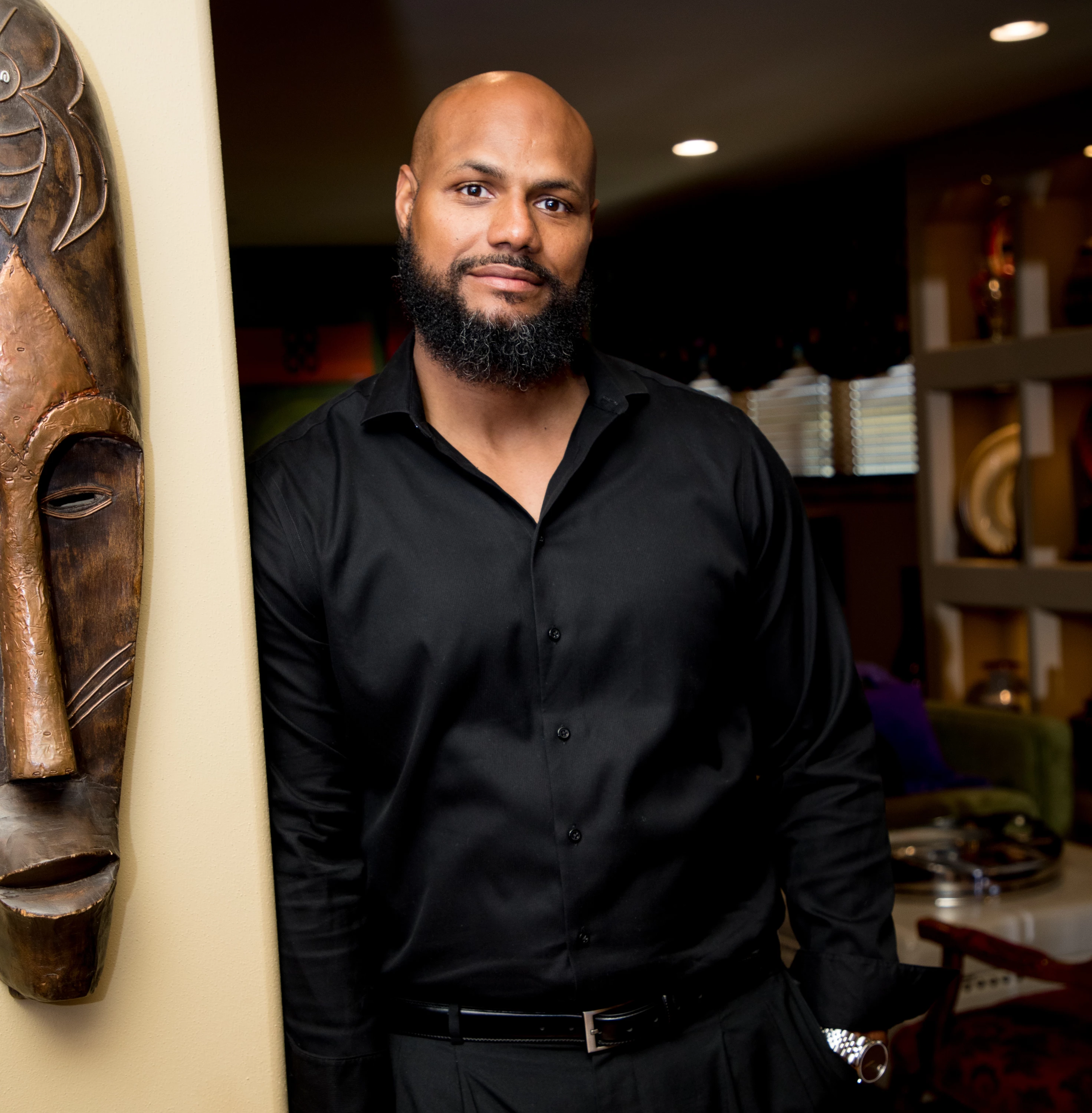
Alonzo Kelly, Principal, Kelly Leadership Group
A dynamic executive coach, professor, three-time best-selling author, and radio host, Alonzo Kelly has gained international and global attention as a premier consultant and strategist. Kelly is recognized as one of the nation’s leading experts on leadership development, strategic thinking, planning, and acting which results in individual and organizational goal achievement. He has appeared on America’s Premier Experts which airs on major networks across the country including ABC, NBC, CBS, and FOX. Kelly holds a Bachelor’s in Accounting, three Master’s degrees (Public Administration, Human Resource & Labor Relations, Business Administration), and is nearing completion of a Ph.D. in Multidisciplinary Human Services. He is also currently in the process of obtaining his Doctorate in Business Administration. He currently serves as the National Board Representative on the State Board of Directors for the Wisconsin ACLU (American Civil Liberties Union), President of National Board of Directors for SENG (Supporting Emotional Needs of the Gifted), the Fire and Police Commission for the City of Howard, WI, and Board Director for Family Services of Brown County (Wisconsin). Find more information at [www.alonzokelly.com]www.alonzokelly.com.
Our society is ever-evolving in spaces associated with Diversity, Equity, Inclusion, and Accessibility (DEIA). The pandemic of Covid-19 has taught us that issues of racial equity (or inequity as some would put it) and racial trauma are far greater than we imagined in American society. The last two years have forced us to rethink our understanding of racial co-existence. Specifically, we have been forced to think about our interpersonal interactions in transformative ways.
For Black parents, in general, of young adults with intellectual and developmental disabilities (I/DD), there is a desire for greater appreciation for both the challenges and strengths of the Black experience. This is also true for the uniqueness of Black children/young adults with I/DD. Eradicating racism requires us to listen to the voices of those who have had to be creative in navigating human service systems and other entities so that their young adult children are not judged by pejorative standards.
Panel members of this session will offer their sage thoughts and stories as parents and professionals. Their affirmations of the Black experience in our racialized society will serve as keen discussion points. Unpacking meanings associated with how human service providers might better interface with individuals from the I/DD community and their families will be emphasized. Guiding principles for equitable application will be interwoven throughout the discussion to elevate best practices via cross-racial service provision. Responding in a competent fashion to the needs and promise of young adults with I/DD is essential for thriving in a multicultural world. There is no “one-size-fits-all” approach as DEIA requires us to embrace the diversity within diversity, also known as, intersectionality. And no one race or cultural group is monolithic. Within-group differences are real but having a gestalt based on the clientele being served is essential as well.
Key Learning Points
-Appreciation of racial understanding relative to the Black experience for young adults with I/DD and their families of origin.
- Intentionality of purpose aligned with racial equity in service provision for Black young adults with I/DD and their families of origin.
- Application of guiding principles and a strengths-based perspective germane to the Black experience for young adults with I/DD and their families.
Presented By
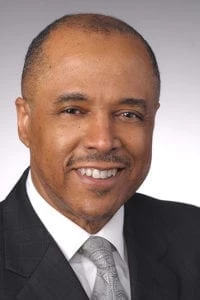
Keith A. Alford, Dean and Professor; University at Buffalo, School of Social Work
Keith A. Alford, Ph.D., is the Dean and Professor of the University at Buffalo, School of Social Work. He has previously served as Chief Diversity and Inclusion Officer at Syracuse University and is a former child protective services worker and mental health care provider. He was a founding member of the Interfaith Dialogue Circles to End Racism. He is a parent advocate for young people with I/DD.
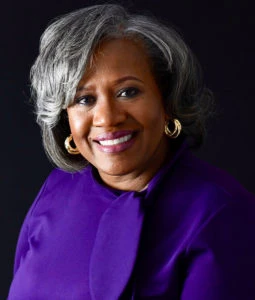
Lisa Dunn Alford, Executive Director, ACR Health
Lisa Dunn Alford is Executive Director of ACR Health, Syracuse, New York. She is the former Commissioner for Aging and Youth in Onondaga County. She has served as a Crouse Hospital Health Foundation Board Member and a member of the Junior League. She is a parent advocate for young people with I/DD.
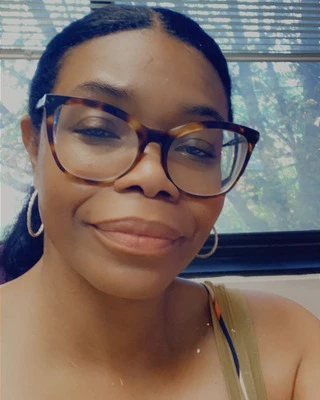
Felicia Black, Therapist (Contracting)
Felicia Black is a Clinical Therapist who is passionate and self-motivated endeavoring to bridge the gap for the vulnerable, marginalized, and poor population. She specializes in trauma therapy, crisis interventions and trauma-informed care. She is a parent advocate for young people with I/DD.
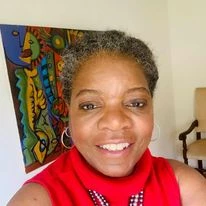
Carol D. Charles, Business Teacher at Nottingham High School, Syracuse, New York
Carol D. Charles is a business teacher at Nottingham High School, Syracuse, New York. She has formerly worked as a human services administrator and in the field of Philanthropy. She is a parent advocate for young people with I/DD.
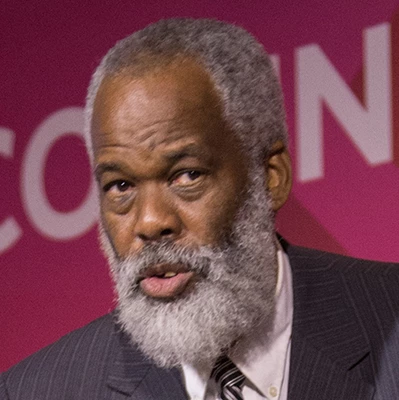
Merrill Charles, Associate Professor at SUNY Morrisville
Merrill Charles is an Associate Professor at SUNY Morrisville, Morrisville, New York. He is affiliated with the Division of Human Development & Society, School of Liberal Arts, Sciences & Society. His career in broadcasting can be traced back to his undergraduate days at WAER Radio, Syracuse University. He is a parent advocate for young people with I/DD.
There is a critical shortage of direct support professionals (DSPs) who support people with intellectual and developmental disabilities (I/DD) to live in the community. This shortage has been exacerbated by the Covid-19 pandemic. Research data will be shared about how the pandemic affected DSPs and various disparities that exist within the direct support workforce.
For the vast majority of DSPs, staying home during the Covid-19 pandemic was not an option. DSPs support people in a variety of areas (e.g., employment, daily living, relationships, and health) and their work involves a high level of skill. However, the high-skilled and varied nature of this work is not reflected in DSPs’ wages, which remain low. A high level of responsibility for providing supports to people with significant support needs, low wages and life circumstances have contributed to the high turnover and vacancy rates.
The pandemic makes work more difficult for DSPs and it increases their risk of getting Covid-19. Over half of DSPs have supported someone with I/DD who tested positive for COVID-19. Most DSPs are working more hours than usual and an overwhelming majority of DSPs have experienced health and wellness challenges during the pandemic. There are clear disparities between DSPs who are white and DSPs who are black. Organizational culture and DSP support are critical to ensuring equity and improving retention. Significant change in approaches to policy advocacy is necessary.
Key Learning Points
- Identify disparities in wages, hours worked, and other key areas for Black DSPs compared to white DSPs.
- Analyze at least three organizational strategies to improve direct support workforce turnover and vacancy rates.
- Pinpoint at least three policy strategies to address the serious challenges faced by the direct support workforce.
Presented By
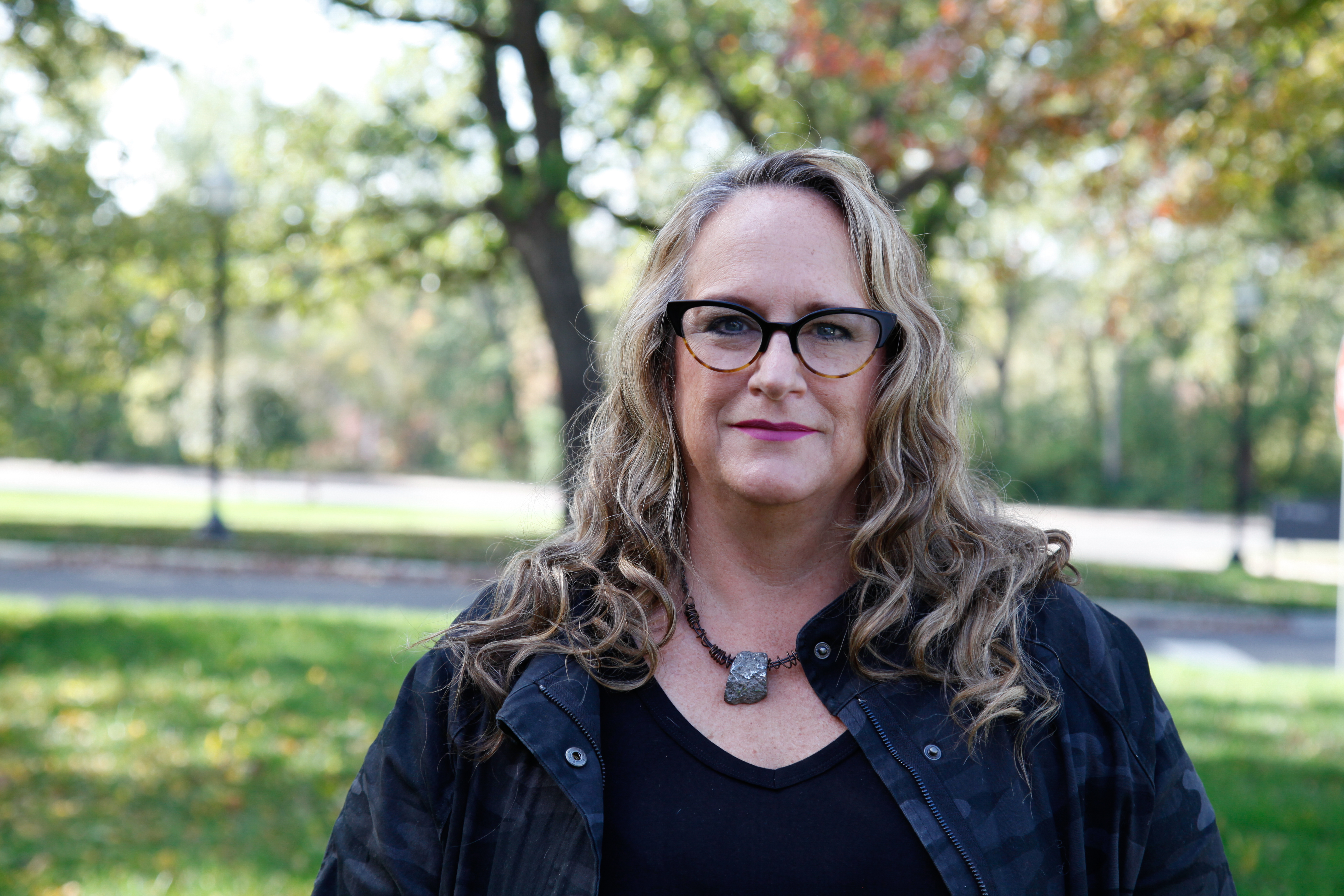
Dr. Amy Hewitt, Ph.D., Director and Professor, University of Minnesota, Institute on Community Integration
Amy Hewitt, Ph.D., has an extensive background in the field of intellectual and developmental disabilities. She has worked in various positions over the past 38 years to improve community inclusion and quality of life for children and adults with disabilities and their families. Her career began as a Direct Support Professional and she currently employs DSPs to support her brother-in-law. She is the Director of the University of Minnesota’s Institute on Community Integration and conducts research, evaluation and demonstration projects about community services for children, youth and adults with intellectual and developmental disabilities and the direct support workforce. She has authored numerous journal articles, curriculum, technical reports, including a book entitled, Staff Recruitment, Retention and Training. Dr. Hewitt is an associate editor of the journal - Intellectual and Developmental Disabilities. She is a Past President of the Association of University Centers on Disability (AUCD) and Past President of the American Association on Intellectual and Developmental Disabilities (AAIDD).
Direct support professionals (DSPs) assist people with intellectual and/or developmental disabilities in realizing their full potential and becoming valued and participating members of their communities. Their work is complex and goes well beyond caregiving, requiring skills including independent problem solving, decision making, behavioral assessment and prevention, medication administration, health and allied health treatment, teaching new skills, crisis prevention and intervention and more.
Currently, DSPs are inaccurately classified in labor reports under other positions, such as a nursing assistant (CNA), home health aide (HHA) or personal care assistant (PCA). The National Alliance for Direct Support Professionals (NADSP) is leading a nationwide effort to establish a Direct Support Professional (DSP) Standard Occupational Classification (SOC) and this session will provide the information on what needs to be done and why it is necessary in order to collect accurate data, trends and projections for the future of services for people with disabilities.
Key Learning Points
- What is the O*Net System?
- The three primary issues related to why an occupational classification is necessary for the direct support professional occupation.
- The data that support the statement, "not all direct care occupations are the same."
- The path forward to secure a standard occupational classification.
Presented By
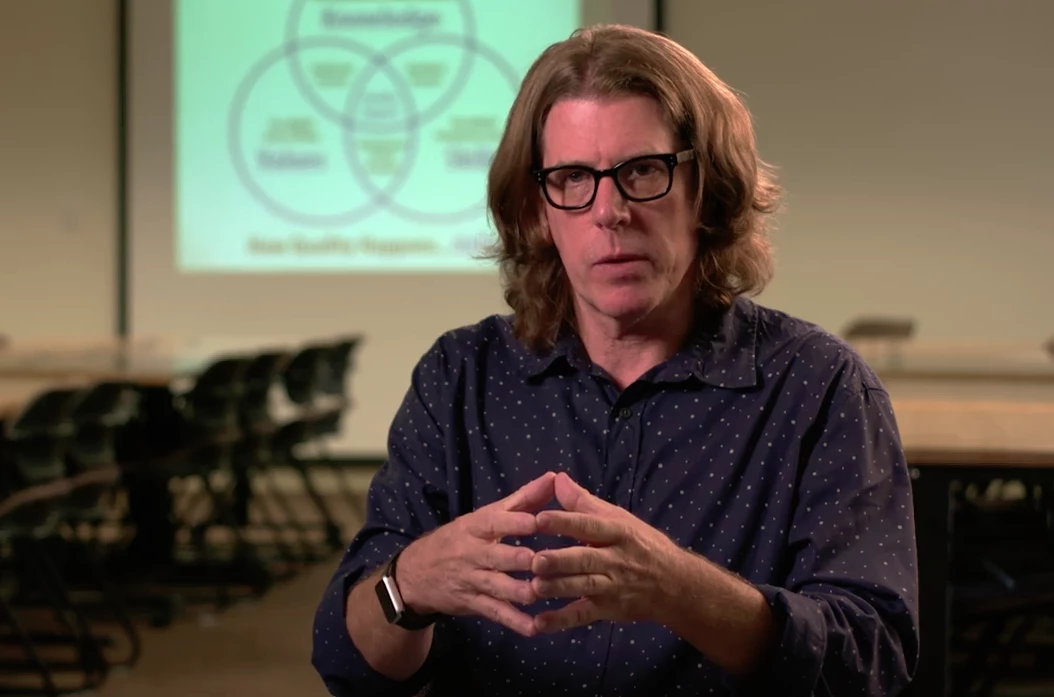
Joseph Macbeth, President and CEO, National Alliance for Direct Support Professionals
Joseph has worked in the field of intellectual and developmental disabilities for nearly 40 years - beginning as a Direct Support Professional. Macbeth is recognized as an international leader in the advocacy & movement to recognize direct support as a profession and is a highly sought after speaker on the workforce challenges that affect the disability system. He co-authored the Report to the President: America’s Direct Support Workforce Crisis: Effects on People with Intellectual Disabilities, Families, Communities and the U.S. Economy for the President’s Committee for People with Intellectual Disabilities (PCPID, 2017), he was the Issue Editor for Impact: The Direct Support Workforce and People with Intellectual, Developmental, and Other Disabilities(University of Minnesota, 2018) and produced an award-winning Realistic Job Preview titled "Working as a Direct Support Professional: We Get It Done" (NYSACRA 2011). While working in New York, Macbeth partnered with the State University of New York (SUNY) by assisting more than 500 direct support professionals advance their college education through the "Disability Studies Certificate". He is a guest faculty at the University of Delaware’s National Leadership Consortium on Developmental Disabilities (NLCDD) and currently sits on the board of directors The Learning Community for Person Centered Practices (TLCPCP) and The College of Direct Support's National Advisory Board. In 2016, Macbeth was appointed by New York Governor Andrew Cuomo as a Member of the Advisory Council for the New York State Justice Center for the Protection of People with Special Needs and in 2019, he was appointed by the Administration for Community Living (ACL) as a member of the National Quality Forum’s (NQF) Committee on Person-Centered Planning. He lives in North Bennington, Vermont.
Champion Sponsors:
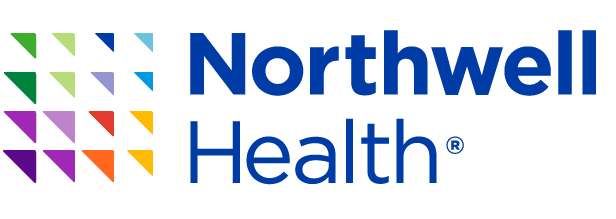 |  |
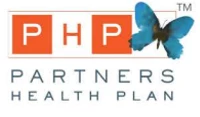 |
Innovator Sponsor:

Advocate Sponsors:
 |
Ally Supporter:
![]()
Interested in sponsorship opportunities? Download the event sponsor kit. For more information, please contact Nicole Zerillo, Assistant Director, Community Resources, AHRC Nassau, at nzerillo@ahrc.org.
